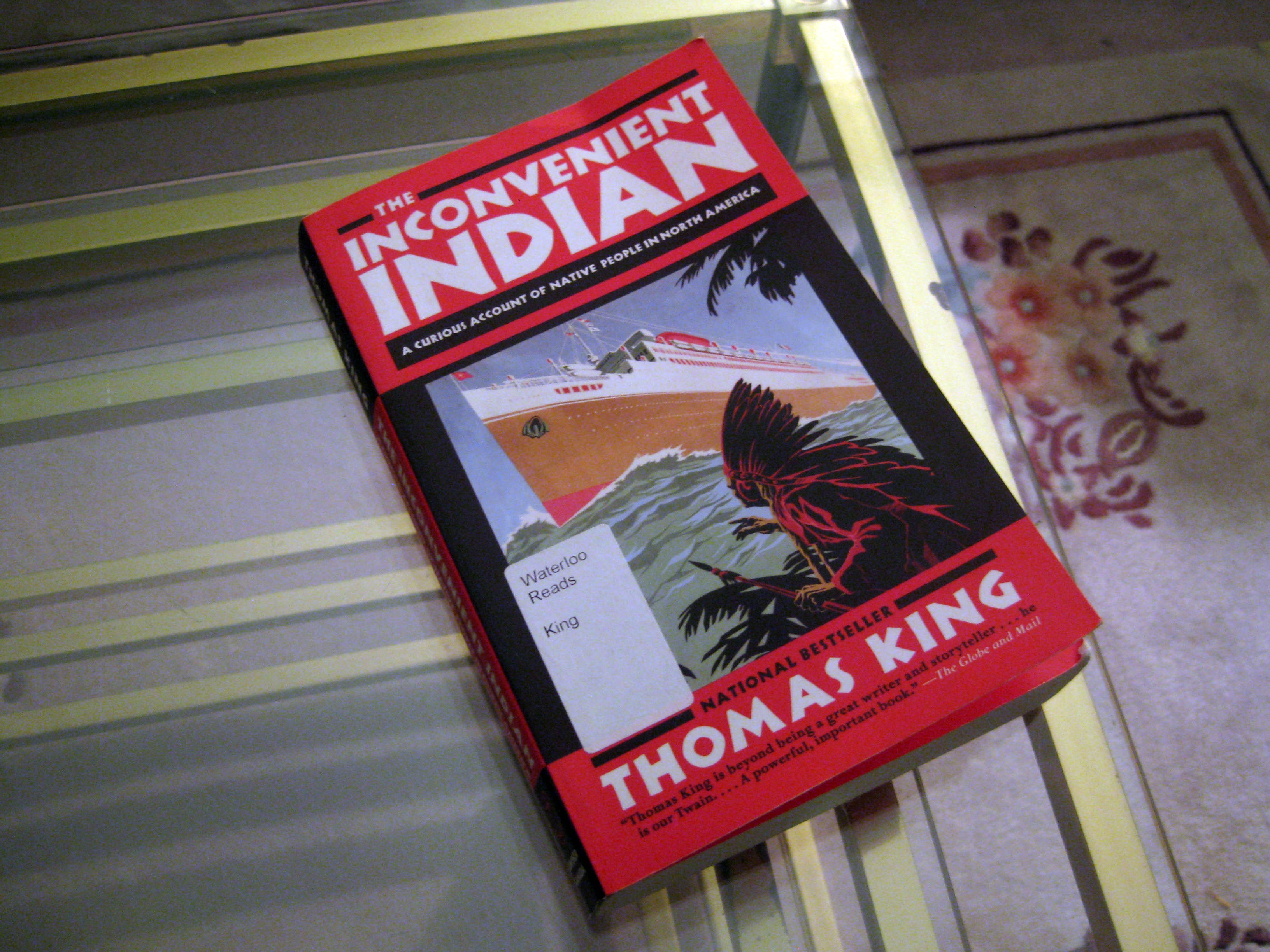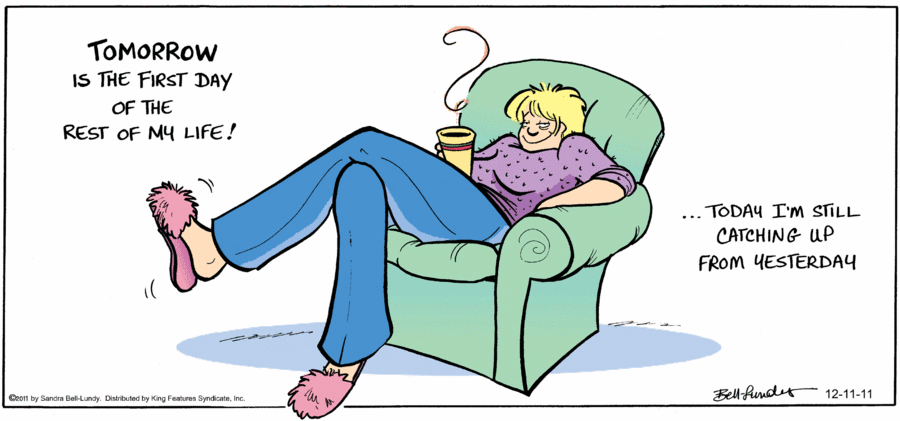Last night I saw a Martin Scorsese film. Does it matter which one? Not for the purposes of what I’m about to say, but I’ll tell you anyway. It was The Wolf of Wall Street.
Considering how often Martin Scorsese has dealt with bros being bros—a list of what that means in his films would be long but would include criminality, infidelity, rape, physical violence against men and women, emotional brutality, and sheer, dumb, chest-beating “I’m better than you are” trumpeting—I couldn’t help thinking of him in connection with the current sex-abuse scandal, which continues to spread. Should someone try to interview him on the scandal? Should someone just write an essay of some sort? In my less temperate moments, I’m inclined to think that if enough reasonable people had learned the lessons of his films, we would already have overthrown the men and instituted a matriarchy. Whenever I remark on the awfulness of men, a friend of mine (who happens to be female) insists that women can be just as bad. I’d be glad to try it nonetheless.
Sherry Turkle has been studying and writing about the implications of technology for some time. It may have been Turkle from whom I got the idea, back in the 90s, that cyborgs were already among us: in the sense of electromechanical enhancements to the human body, anyone relying on a pacemaker, or even a hearing aid, was a cyborg, a cross between a human and a machine. Her more recent work has involved social media and mobile communications devices. I’m sorry to say I haven’t read any of her books (so much to read, so little time), but the very title of one of Turkle’s books, published in 2011, suggests something of her perspective. It’s called Alone Together: Why We Expect More from Technology and Less from Each Other. In an August travel article in The New York Times—it aimed to inform us of the attractions of Guam, in case they’re spoiled by a North Korean missile—I came across a picture that crystallizes the “alone together” idea. Apart from the setting, it’s the kind of thing we now see so often that we’re apt not to think about it.






